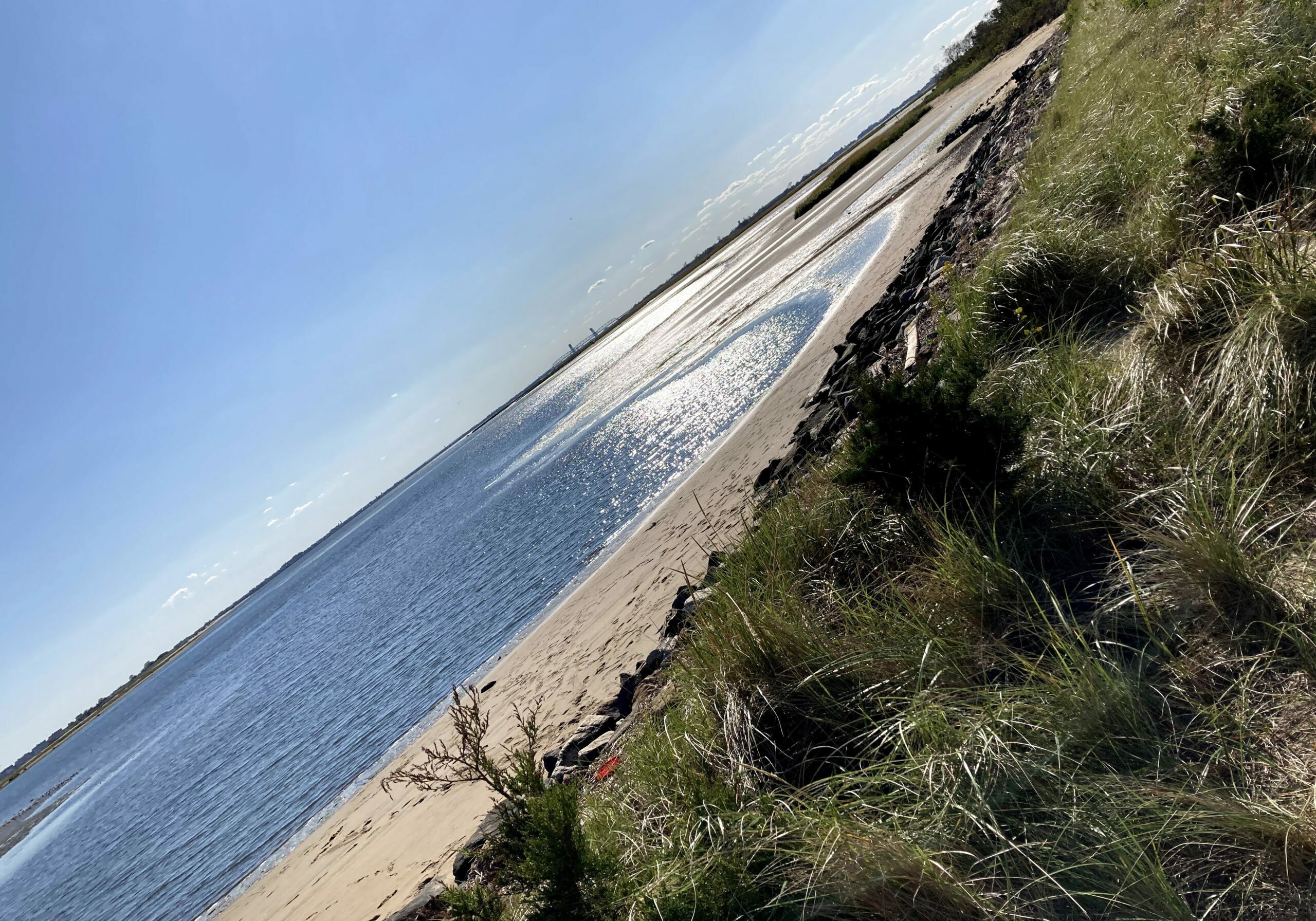April 26, 2023
The cost of having humbler aspirations

Your growth aspirations don’t need to be sky high.
Instead of buying into that macho go big or go home philosophy, try this.
Start small and stay alive. Play the long arc game. Take your time. Pace yourself. Ramp up gradually. Build something useful for a specific audience that increases in value daily. And trust that the longer it takes, the stronger it will get.
What’s your rush? Everything takes longer than you think it will anyway. May as well enjoy the ride.
Theil, the billionaire entrepreneur and venture capitalist, summarizes this approach in his bestselling book:
Always err on the side of starting too small. It’s easier to dominate a small market that a large one. If you think your initial market might be too big, it almost certainly is.
In my experience, the hard part about embracing this philosophy of humbler growth aspirations is, it’s not a glamorous path. We live in a hyper speed, big is better world, where the startup unicorns have set a toxic industry standard for runaway success.
Which means nobody is going to congratulate you on taking your time. Matter of fact, the world probably won’t even notice all the hard work you put in when nobody’s watching.
Question is, can you accept that as a necessary cost of existing?
This was a struggle for me during the beta launch of my software product. Because part of inventing anything is dreaming about how it’s going to change everything. Which is an important creative exercise to motivate yourself, but my ego kept chiming in.
First, urging me to grow the user base relentlessly. Feelings of unworthiness permeated my mind, buying into the story that acquiring only a hundred users in the first three months wasn’t enough.
Work harder! You should be trying to get a hundred new customers a week. Nobody will take this thing seriously with such a small user base.
Next, the rebellious part of my ego was thinking:
Who cares? Screw scaling. This isn’t my full time job or my livelihood, it’s just a project that might or might not work. Let’s take our time, focus on small wins each day, and actually enjoy the learning process without burning out.
It felt gratifying to thumb my nose at the chorus of voices telling me to scale quickly and follow my heart instead. It made me feel special. Like my authentic self.
Meanwhile, some other part of my ego locked into motivational speaker mode and asked me:
But don’t you want to shoot your shot? Why are you so afraid of success? Challenge yourself to stretch past your comfort zone and really go all the way with this thing. Otherwise the competition is going to run you over like a bug.
Those were just a few of the thoughts and feelings inside my head during launch. It was kind of confusing. Made me doubt my own vision about how big or small the project was supposed to be.
And yet, all those voices were valid. They were all part of me, even if they included echoes of other people’s opinions.
Ultimately, I landed somewhere in the middle. When it came to growth aspirations for my software product, the voice that became the loudest sounded like this.
Start smaller than you think you need to. Expand your definition of success to include trying hard and working smart and taking risks. Identify the minimum possible iteration you can get away with for now. Figure out the lowest number people of people that you can make an impact on and still feel fulfilled.
And then, if you decide you want to from that point, great. If not, that’s great too.
What will be the cost of having humbler aspirations?

